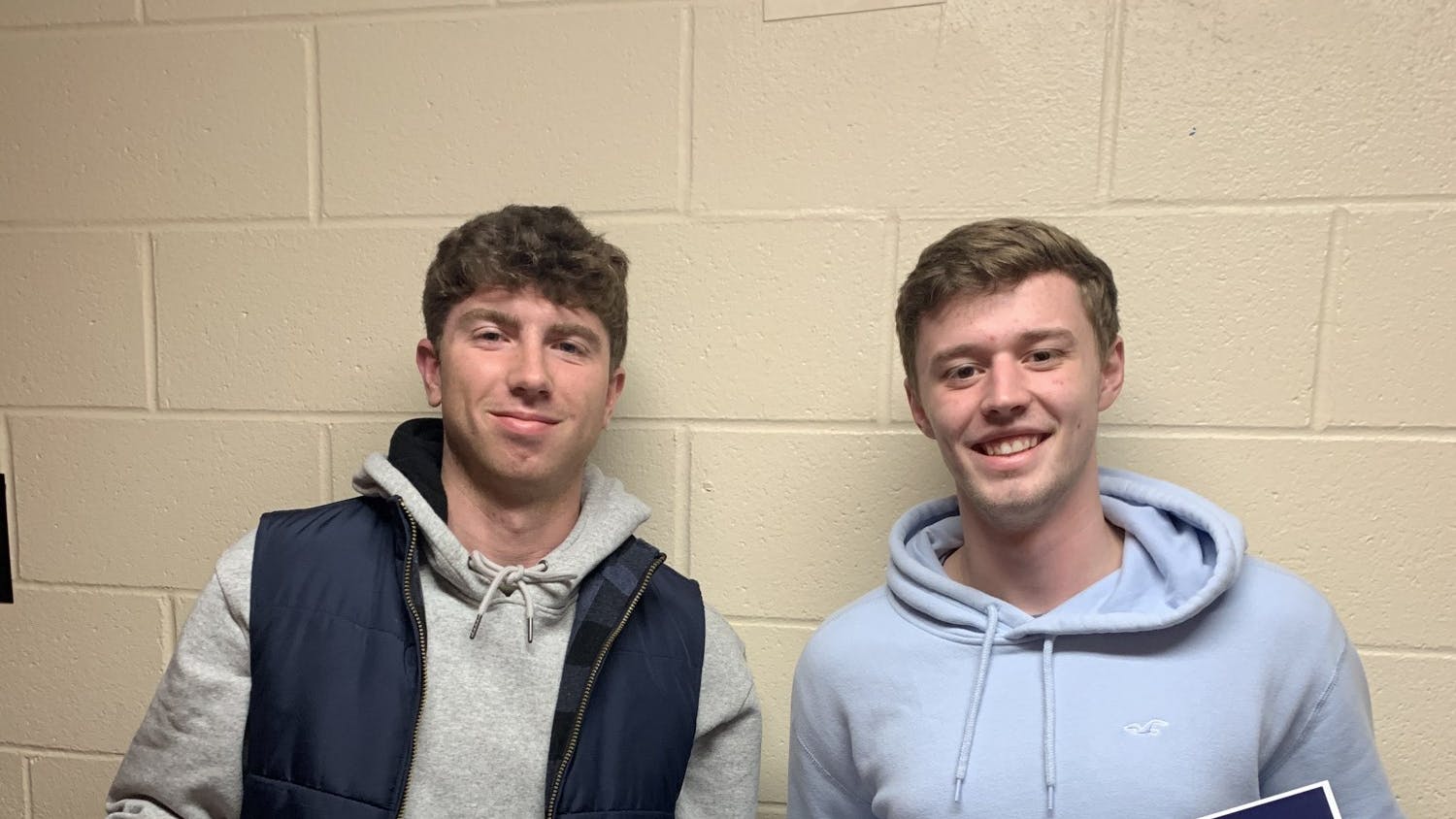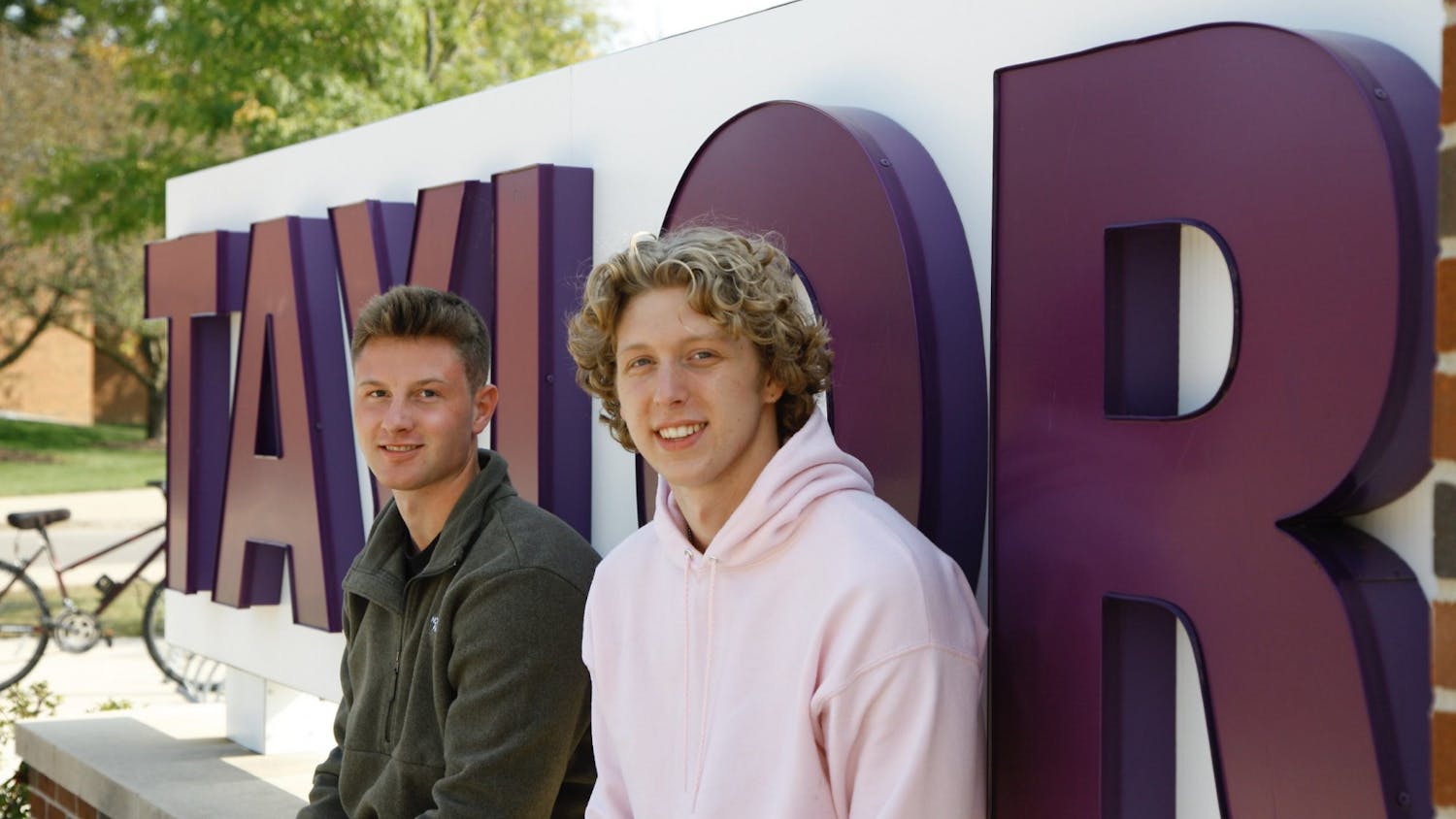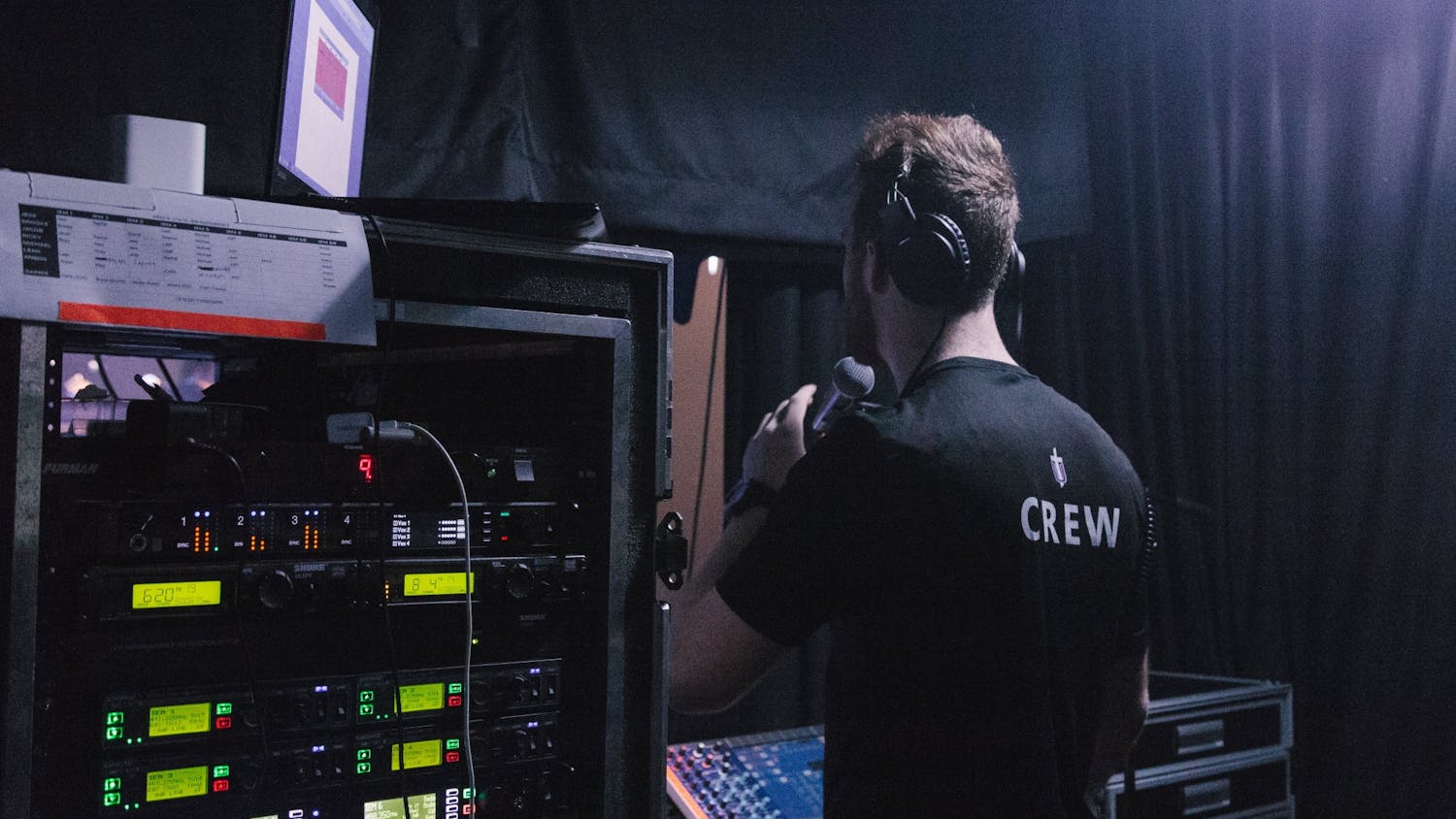Steve Bailey has always considered himself a storyteller.
In middle school, Bailey picked up a camera for the first time and began experimenting with the visual aspect of storytelling.
“I tried to take some pictures and my dad saw them,” Bailey said. “He was like, ‘These are good,’ so he bought me a camera and really sort of pushed me in that direction.”
After graduating from high school, Bailey attended the University of Mount Union in Ohio to explore UMU’s communication department — avoiding Asbury University in Kentucky because he considered it a “family school.”
A year later, when he discovered UMU was getting rid of broadcasting, Bailey decided to give Asbury a second chance.
“I went to Asbury and my dad said, ‘Hey, let’s check out the media stuff,’” Bailey said. “He goes, ‘I hear it’s growing.’ So, we walked through that building and I just got hooked. I was like, ‘This stuff is awesome.’”
During his time at Asbury, Bailey confirmed his passion for film and met his wife, Charity. After graduating from Asbury with a degree in media communications, Bailey entered the work world as an editor for a local PBS station. Shortly after, he began working as a producer for the TV show “EWTN” while simultaneously creating recruitment videos for a Catholic university.
In 2005, Bailey accepted a position at the University of Kentucky and spent a few years creating short documentaries about ongoing research around the globe.
While at the University of Kentucky, Bailey had the opportunity to take classes for free and decided to pursue a master’s degree in mass communication. Bailey then used his degree to work briefly as a corporate video producer for Alltech.
During this time, at a conference in Las Vegas, Bailey ran into John Bruner — the associate professor of film and media production at Taylor University. Bailey had already connected with John and his wife Kathy during his time at Asbury, and knew of their association to Taylor.
At their suggestion, Bailey decided to explore the idea of teaching and visited Taylor a short time later to get a feel for a classroom setting.
“I sat in on a few classes and I was like, ‘This is really cool,’” Bailey said. “It felt like something I could do for a long time, (instead of) lugging six (equipment) cases through airports and being gone all the time.”
Following his visit, Bailey applied for a position as the assistant professor of film and media production at Taylor.
Although Bailey misses the expensive equipment and travel opportunities that were tied to his former position, he is thankful that his job at Taylor allows him to spend significantly more time with family.
“I was gone from my family a lot, and the trips were always very sudden,” Bailey said. “For Father’s Day (one year) my kids went to get pictures taken and they were asked, ‘What do you want (the sign) to say?’ My kids all answered, ‘Come home, Daddy.’”
Bailey and his wife have never regretted their decision to move to Upland. The two have enjoyed raising their kids on a college campus and believe the Taylor community has been a priceless addition to their professional and private lives.
Although he may miss the occasional helicopter ride, Bailey’s decision to enter the film industry was never based on fancy equipment or Hollywood fame.
“I love to tell stories, so I thought, ‘If I can just tell stories, I’ll be happy,’ Bailey said. “If I can tell them in a way that brings some sort of hopeful message and glorifies God as best I can, then that’s good.”
Bailey’s position at Taylor has allowed him to pursue his passion for storytelling in a unique way. Rather than focusing on his own ability to impact the world through media, Bailey is now able to teach a younger generation of producers what it means to be the salt of the earth in the film industry.
In 2016, Bailey’s previous experience with global film prompted him to organize and lead Taylor’s first international documentary trip to Rwanda and Uganda. Since then, Bailey has led two more trips to Guatemala and Liberia. Each trip has been marked by unique storytelling opportunities.
Bailey remembers Guatemala as a particularly impactful trip, with security risks prompting the team to pack up and leave certain neighborhoods early in the afternoon. However, each documentary trip has given students and sponsors a chance to engage and learn from other cultures.
“There were a lot of lessons I had to learn, like getting through customs and bringing equipment into countries that wanted to tax anything that looked professional,” Bailey said. “And then going into (another) culture, telling someone’s story and leaving without causing any damage — that was something I had to learn.”
On each of these trips, and in every class he teaches, Bailey pushes his students to strive for excellence. According to Bailey, excellence in film production — as in any area of work — has spiritual implications as well tangible ones.
By grading critically and encouraging students to produce the best work possible, Bailey stresses the impact an individual’s work has on their Christian witness.
“If you’re going to tell people you’re a Christian, the work that you do has to be excellent in every way,” Bailey said. “(Don’t) settle. Edit for that extra hour or two to make it just right, instead of just getting done with it and saying, ‘Good enough.’




